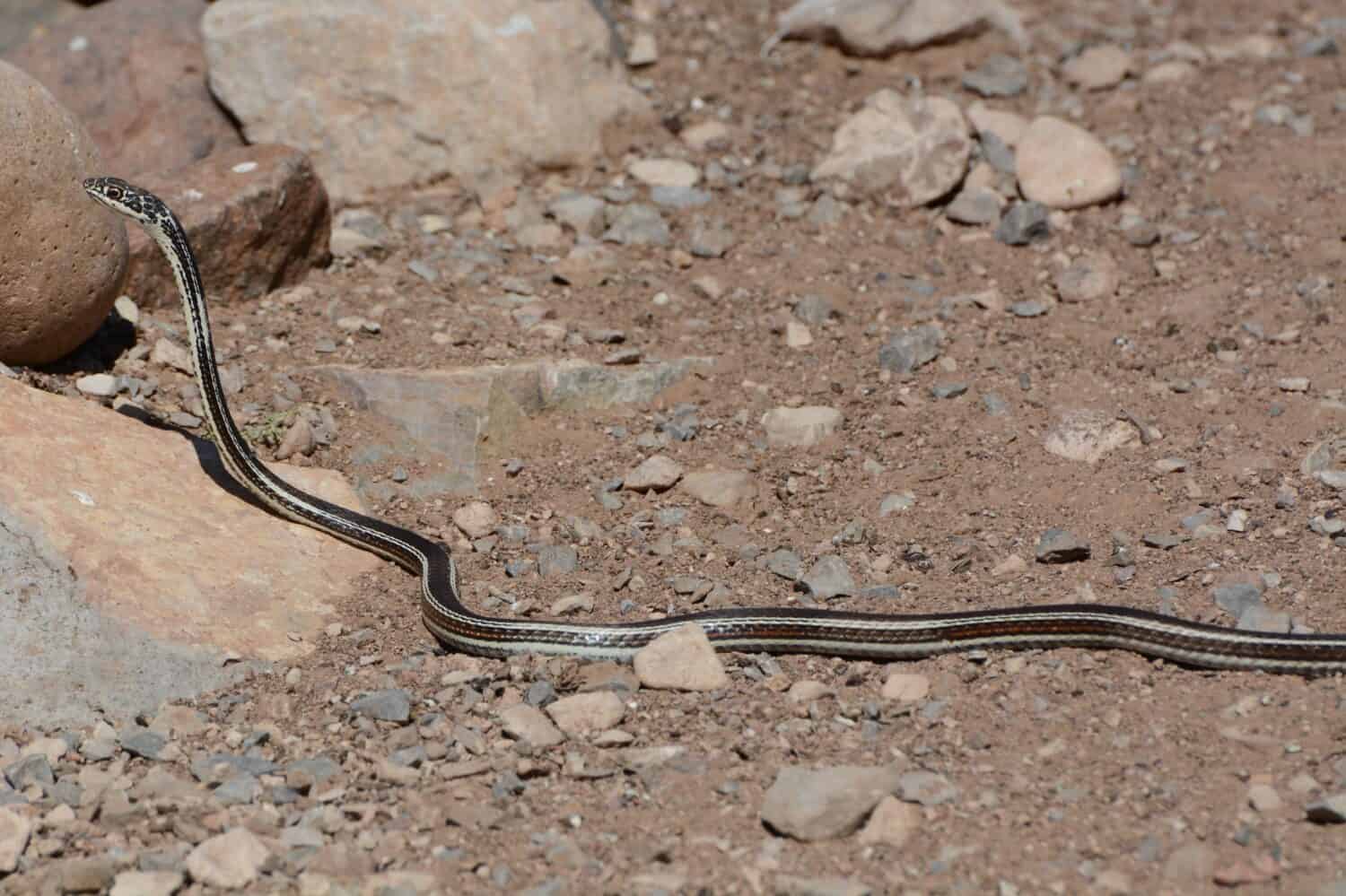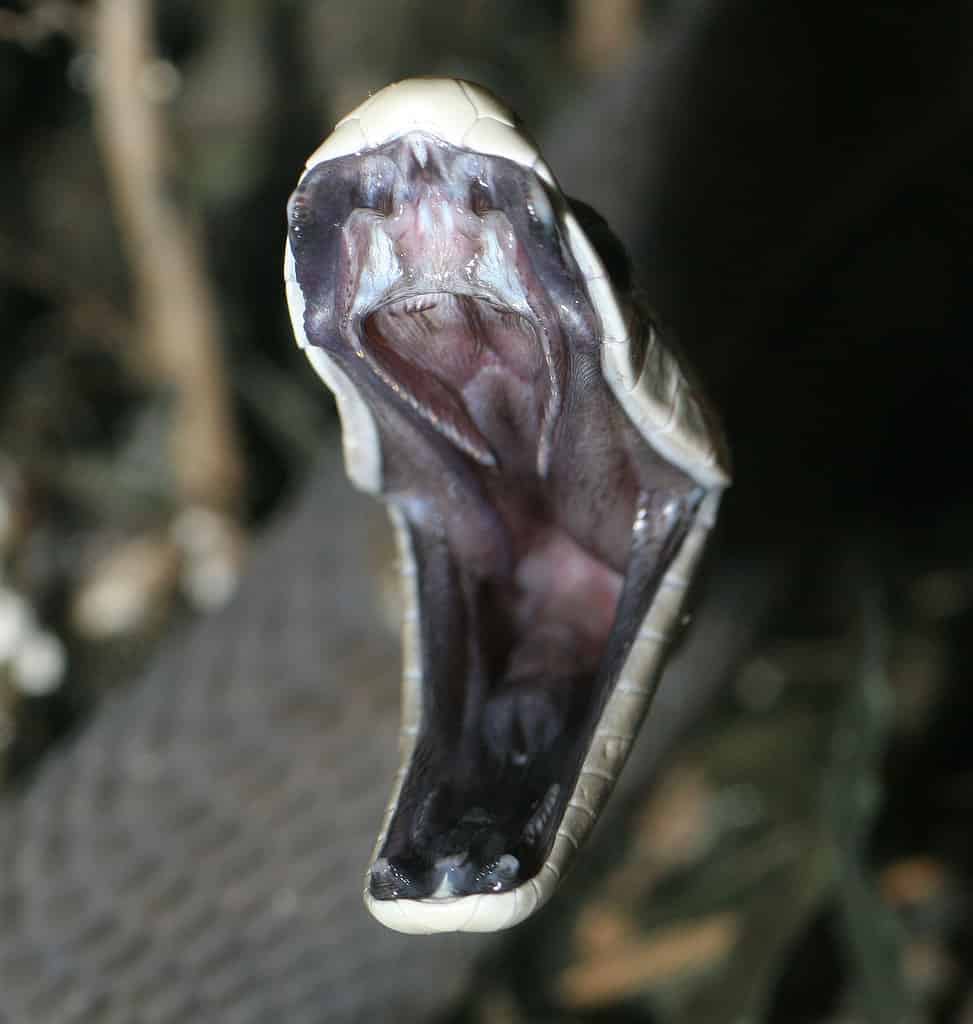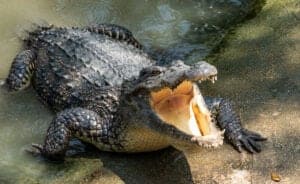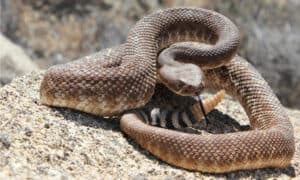Continue reading for our analysis...

Have you ever heard the phrase, “Leave it to the expert?” This is usually said because someone tried to fix the electricity in their home or attempted to change their car’s oil. However, the same can be said for animals. If we don’t know how to handle a specific animal correctly, it can prove dangerous, if not fatal, if it is not done appropriately. Watch this snake expert in the video above try to remove a snake outside!
Snake Sighting in Zimbabwe
The following short YouTube clip posted at the top of this blog takes us to Zimbabwe in South Africa. This video was filmed and shared by the Snakes in Zimbabwe YouTube page. In addition to offering videos on various snakes, this channel also shares footage of animals in Zimbabwe. Their most recent posts of animals are of elephants, birds, wild dogs, rock hyraxes, and lions.
Safely Removing a Snake
As the video starts, we see that this snake catcher carefully has this snake by the tail. He has a hook that is referred to as a snake tongue. It’s a clever name for a tool to catch snakes, right?
Notice how carefully the man is to keep his distance from the head of this snake. The best action is to “Use a stick or other item to divert the snake’s attention.”
However, even when using this diversion, it’s not long before the snake escapes and slithers back under the house. Note how the man doesn’t try to grab it back with his hands to startle this snake. This snake catcher most likely wasn’t sure whether or not this snake was venomous. And when you’re unsure if a snake is evil, you should always proceed cautiously.
What is the Most Venomous Snake in South Africa?

The inside of a black mamba’s mouth is black.
To first understand what snakes are venomous, let’s dive into what evil means. The National Institute of Health states, “Animal venoms are complex chemical mixtures that typically contain hundreds of proteins and non-proteinaceous compounds, resulting in a potent weapon for prey immobilization and predator deterrence.”
One of the most venomous snakes in South Africa is the black mamba. The black mamba (D. polylepis) is a fierce predator labeled as the longest venomous snake in Africa.
The black mamba’s venom has about 100mg of venom per bite. The University of Pretoria states that just two drops of this venom could kill an adult.
So, if you ever come across a snake, whether it is in your yard or when you are on vacation, stay clear of snakes if you don’t know what they are. Even though your intentions might be good to remove them, if you’re not sure if they are venomous, it could result in death if handled misappropriately.
Discover the "Monster" Snake 5X Bigger than an Anaconda
Every day A-Z Animals sends out some of the most incredible facts in the world from our free newsletter. Want to discover the 10 most beautiful snakes in the world, a "snake island" where you're never more than 3 feet from danger, or a "monster" snake 5X larger than an anaconda? Then sign up right now and you'll start receiving our daily newsletter absolutely free.
Thank you for reading! Have some feedback for us? Contact the AZ Animals editorial team.







